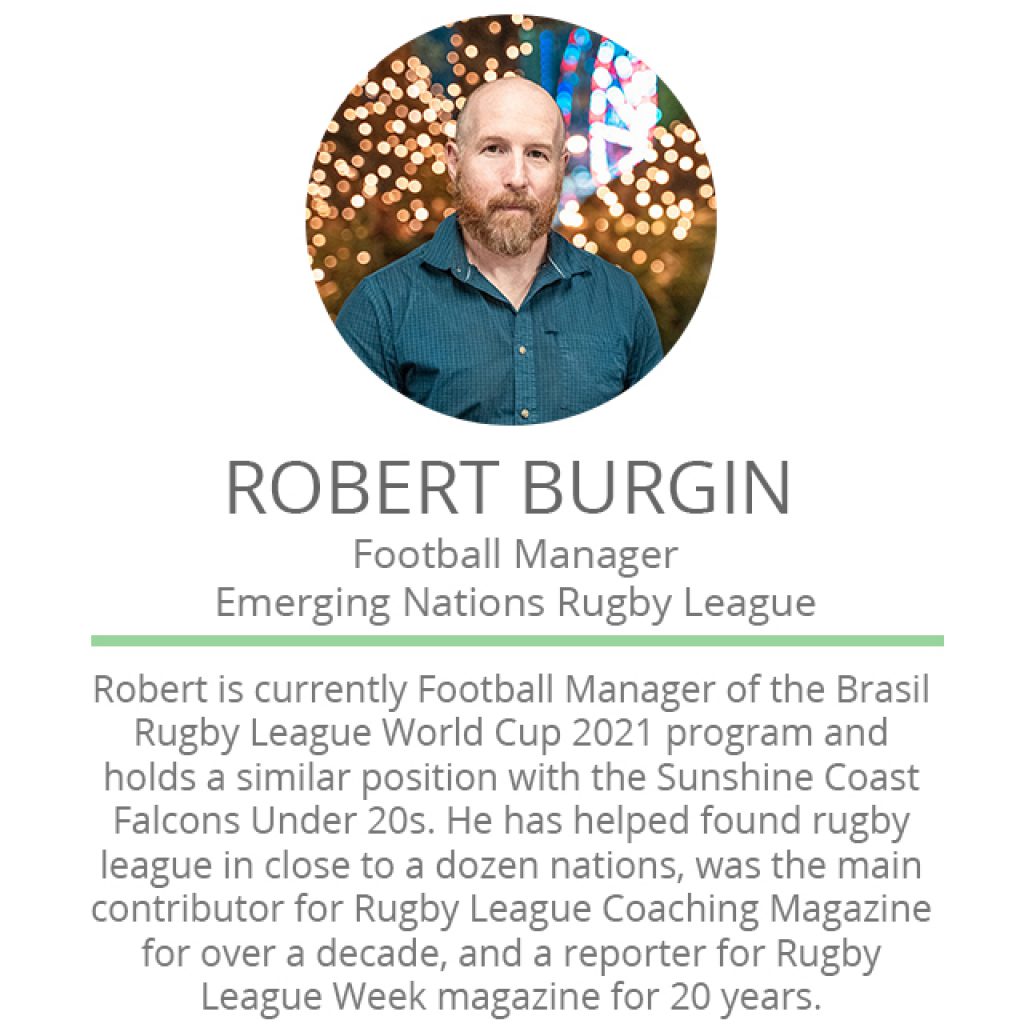Using conflict to your advantage
In a previous working life, I often ran seminars talking about the values of newsworthiness – essentially the hierarchy of elements which determine what makes it into news bulletins.
Much to the chagrin of participants, the number one news element on many days was ‘conflict’.
If you think about it, it makes sense. As creatures with a heightened sense of self-preservation, human beings take notice first and foremost of anything that threatens their existence.
Wars, unrest, even a conflict of ideals are all enough to trigger warnings signs about situations which put us in danger or undermine our current status.
However, most people in the seminars I compered didn’t particularly like the concept that conflict dominates mainstream media.
Why People Hate Conflict
You would have intellects who preferred people were exchanging knowledge. You would have optimists who preferred society was focussing on the positives. You’d have anxious people preferring to be oblivious.
But mostly, people at these seminars hated ‘conflict’ as a news value because it represented something very difficult to commercialise or neatly quantify for KPI reports (unless they were arms dealers).
Usually the representatives in attendance were public relations, communications and advertising staff interested in finding a way to wedge their product, brand or service into magazines, newspapers, blogs, websites, radio shows and TV programs.
And they most definitely preferred it if their product, brand or service was not associated with, or embroiled in, conflict.
Yet, as I would say to many people, conflict need not be entirely about death, destruction and negativity.
You can either change the way you interpret and handle conflict – or you can manufacture the kind of conflict that is good for your environment.
 This is a message that can be particularly reinforced for those in sporting pursuits.
This is a message that can be particularly reinforced for those in sporting pursuits.
It’s inevitable that conflict will occur in sports, where people are pushed to their physical and mental limits, where money and resources are often tight…and maybe the odd ego is involved.
Bo Hanson, a four-time Olympian, explains how easily tense situations can come about.
“The easiest way to see conflict is as a disagreement or clash of ‘patterns’ between people,” says Hanson.
“It often begins through a difference in people’s behaviours, interests, desires, or values.
“Conflict can also begin through jealousy or personal dislike of other’s values.
“Even if you enjoy spending time with those you work with in your sporting role, working closely with the same people day in and day out can occasionally cause a little friction.
“Unfortunately, small tensions between individuals can, over time, develop into full-blown conflicts.”
A Relatable Situation
Let’s take a classic example. Two people with headstrong views – or even just morally polar views – are thrust together on a community sports committee.
They try to do their best to get along for the good of the organisation, but it soon becomes apparent they are going to butt heads on the majority of topics.
How do you turn that into a positive?
Well, you could say it’s an opportunity for growth if the combatants are prepared to consider what each other is saying, and shift their default thinking.
It means vigorous debate will occur so that concepts are watertight before they are launched.
But if things aren’t resolved and the situation leads to an impasse, there are still positives that can be salvaged.
Perhaps conflict might lead to a case of one-upmanship, where the combatants raise standards and contribution throughout the club with their increased effort.
Perhaps they may take control of different teams within the one club, determined to outdo the other, with results following suit.
At the extreme, maybe one will leave and start a separate club nearby, one that develops a passionate rivalry with the existing club, attracts more players and publicity to the sport.
Indeed, if we look throughout the history of sport, it is littered with examples of rifts or even downright bitter feuds creating storylines which attracted new supporters or sponsors, or led to the expansion of a particular sport.
At the time, being at the epicentre of that conflict may not feel like a ton of fun, but given time and perspective, the positives become evident.
“Remember conflict is not always negative, and some great outcomes can be achieved when conflict is handled in a skilful manner,” Hanson contends.
Change is Always Possible
Next time you are thrust into a situation where conflict surrounds you, try to remove yourself as an individual entity and think about how the dynamic could lead to a greater good; underpinning the reason you are involved.
When you see the situation as less of an affront to your values or thinking, and more as an interplay between forces and outcomes, it becomes easier to steer things to an eventual advantage.
Whether you are involved in sport, a workplace or a relationship where there is conflict present, it’s advisable to recognise that the tension reflects passion, but passion that is poorly directed.
Particularly in sport, passion is better than apathy.
 The option is always there to walk away (and that is certainly an option you must be prepared for in order to self-preserve), but if the situation is workable, a few tweaks in thinking and communication might flip the situation to everyone’s betterment.
The option is always there to walk away (and that is certainly an option you must be prepared for in order to self-preserve), but if the situation is workable, a few tweaks in thinking and communication might flip the situation to everyone’s betterment.
What’s your method of handling conflict? Do you think you handle it well? Can you think of situations that you could have handled differently in retrospect? Would you like to learn some new ways to alter your approaches?
Coach’s Companion offers the ability for you to determine where you currently sit via specialist appraisals.
Identify and quantify what areas you can work on to improve, then take courses to augment your knowledge and abilities.
PS. If you’ve enjoyed this article, you might be interested in ‘Making stress work in your favour’.







